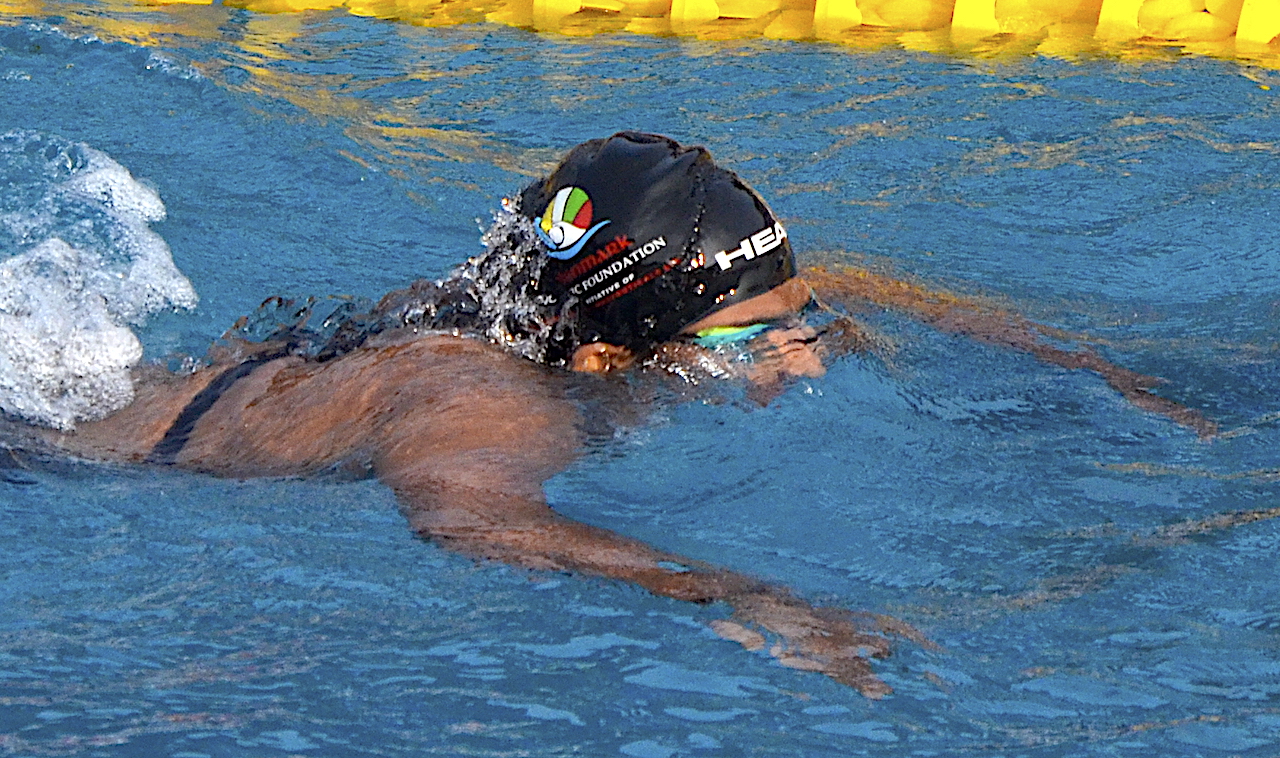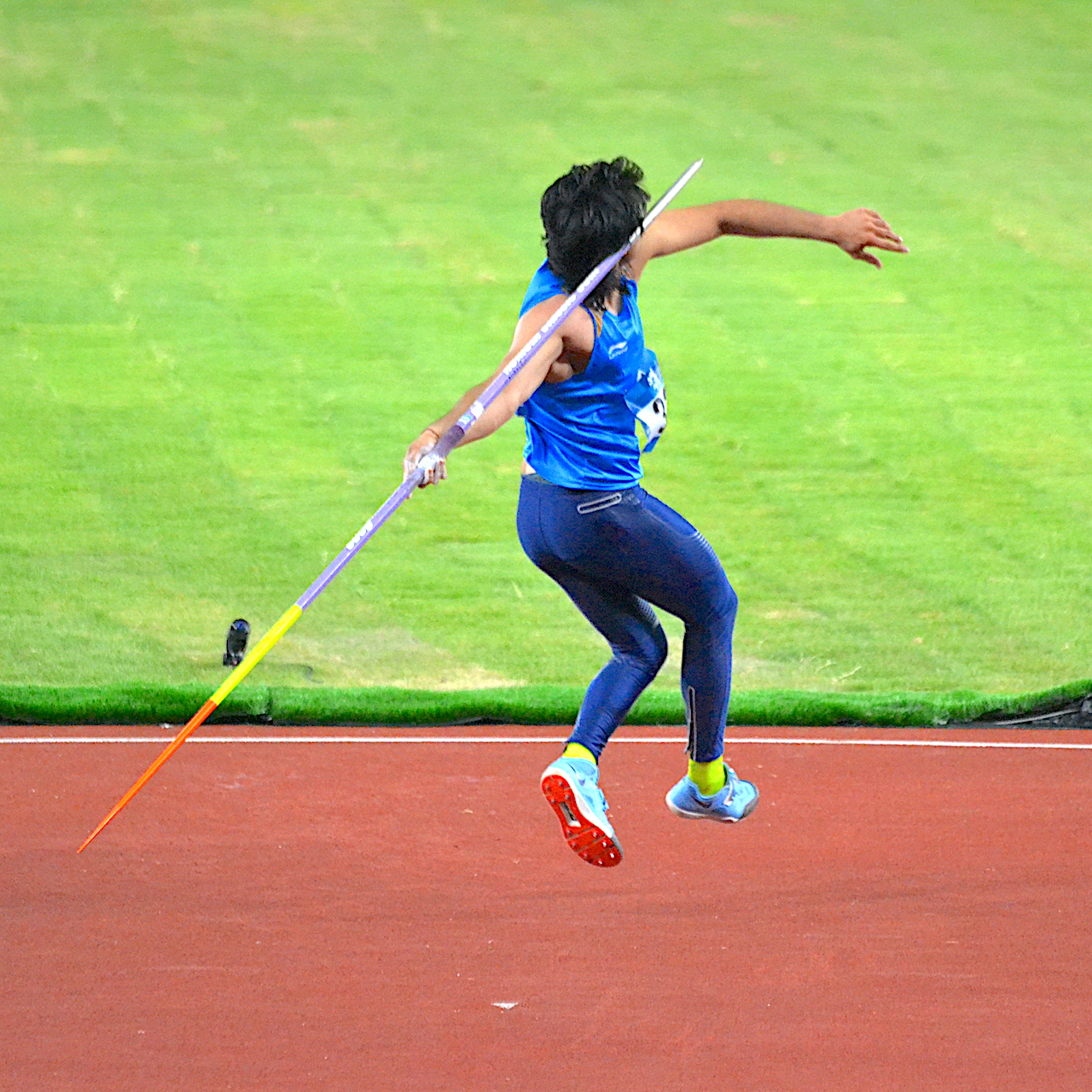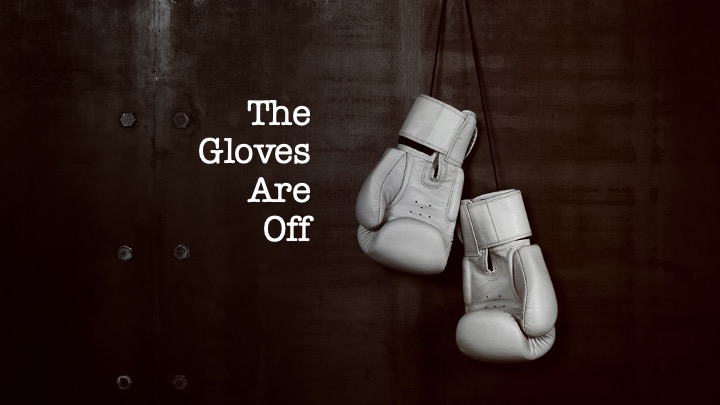The Indian swimmers’ hearts sank collectively when they discovered that their sport was not part of the Standard Operating Procedure released by the Sports Authority of India (SAI) a week ago. Of course, SAI’s hands were tied by the order of the Ministry of Home Affairs (MHA) that allowed sports complexed and stadia to reopen but excluded swimming pools.
To be fair, Swimming Federation of India Secretary-General Monal Chokshi was quick to request the Ministry of Youth Affairs and Sports to persuade the Ministry of Home Affairs to allow the reopening of swimming pools, too. But little progress seems to have been made in that direction, leaving elite swimmers look enviously at track and field stars and hockey teams get back in action.
While the swimmers await word from Sports Authority of India, some cannot be faulted for wondering if they are Indian sport’s second-class citizens at the moment. Hopefully, Swimming Federation of India and Sports Authority of India will jointly remove the uncertainty enveloping the nation’s talented the TOP Scheme swimmers and the dozens of Khelo India scholars.
A team of officials and experts from the Sports Authority of India have worked with SFI to prepare a draft SOP for swimming. It is not known if the view of swimmers or their parents (in the case of the Khelo India scholars) have been taken into account when the SOP was being prepared. SAI also appears to be waiting for a nod from MHA before it makes the document public.
However, given that SFI does not have much of a history of hosting National Camps, it remains to be seen how it plans to go about ensuring that its leading swimmers get back to the water. It will have to build in factors like travel regulations, quarantine rules in different states, accommodation and diet as well as the opportunity to train with their respective coaches.
Word has it that the Swimming Federation of India, eager to get some activity going, is convincing the Ministry of Youth Affairs and Sports to allow the nation’s leading swimmers to train in New Delhi (Dr. Shyama Prasad Mukherjee Aquatics Complex) or Bengaluru (Dravid-Padukone Centre of Excellence).
It would be a pity if the Sports Authority of India even insists on all elite and development swimmers to train only in any of the four Khelo India accredited swimming pools in the country besides the Dr. Shyama Prasad Mukherjee Complex in New Delhi. These other Khelo India accredited centres are in Chandigarh, Mumbai and Indore.
It does not help to traumatise swimmers any more than they have been from lack of training and competition. To adapt to a new training environment, find resources to pay for accommodation and food on a long-term basis and to perhaps find comfort in dealing with unfamiliar coaching methods would be additional challenges that swimmers can do without.
The swimming community is hoping that the authorities will make a distinction between competitive swimmers and recreational swimmers. It should be easy for State Associations to reach out to the respective Governments and convince them to open at least one pool each so that those registered with the State Associations can resume training after necessary precautions.
This article first appeared in Mail Today on May 30, 2020.




